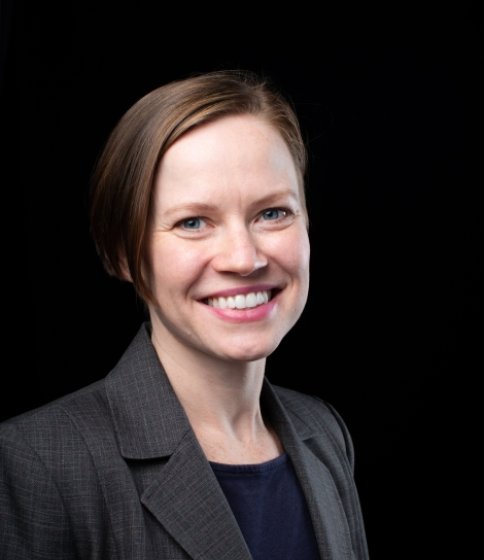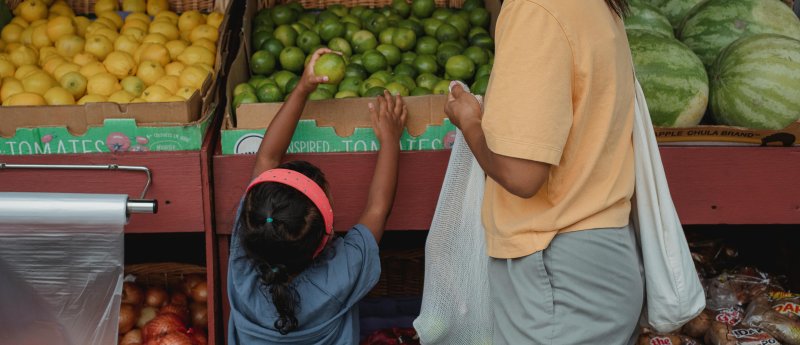
Leah Hamilton
Appalachian State University
Leah Hamilton, MSW, Ph.D., is Principal Investigator of the Family Economic Policy Lab. She is an Associate Professor of Social Work at Appalachian State University, Senior Fellow at the Jain Family Institute, and Faculty Affiliate at the Social Policy Institute of Washington University in St. Louis. She teaches social welfare policy and conducts research on economic justice and basic income. Her book, Welfare Doesn't Work: The Promises of Basic Income for a Failed American Safety Net was released in 2020. Currently, Dr. Hamilton is Principal Investigator for multiple basic/guaranteed income pilots in New York and Georgia. Her work has been featured in multiple national publications, including the New York Times, Wall Street Journal, Washington Post,CNBC, The Atlantic, Forbes, National Public Radio, Fortune,and Fast Company. She serves on the Policy Council for the Humanity Forward Foundation and formerly served on the board of the Basic Income Earth Network and as President of the ACLU-NC.
-
 Turning research into actionIn Her Hands: A Path to Financial Security for Black Women in Georgia
Turning research into actionIn Her Hands: A Path to Financial Security for Black Women in GeorgiaThe In Her Hands (IHH) initiative launched in 2022 via a partnership between the Georgia Resilience and Opportunity Fund and GiveDirectly and provided guaranteed income to 654 low-income Black women in urban, rural, and suburban areas of Georgia over two years.
November 18, 2024
|P4A Spark
| -
Income and WealthIn Her Hands: A Guaranteed Income Initiative First Year Research Summary
The "In Her Hands" initiative is a guaranteed income program aimed at providing financial support to low-income women. This report summarizes the findings from the first year of the initiative, focusing on the impacts of the guaranteed income on the well-being and financial stability of the participants.
February 23, 2024
|Evidence
| -
Income and WealthDoes guaranteed income facilitate wealth and credit building among Black Households in Georgia?
This project will examine two experimental GI studies in Georgia. The first study randomly enrolled 654 Black women to receive a GI for two years, with participants randomized into one of two disbursement models. The second study, embedded in a non-profit serving unhoused individuals, will randomly assign 200 current clients to receive either standard housing support or housing support plus $400/month for one year.
June 1, 2023
|Has Evidence
|